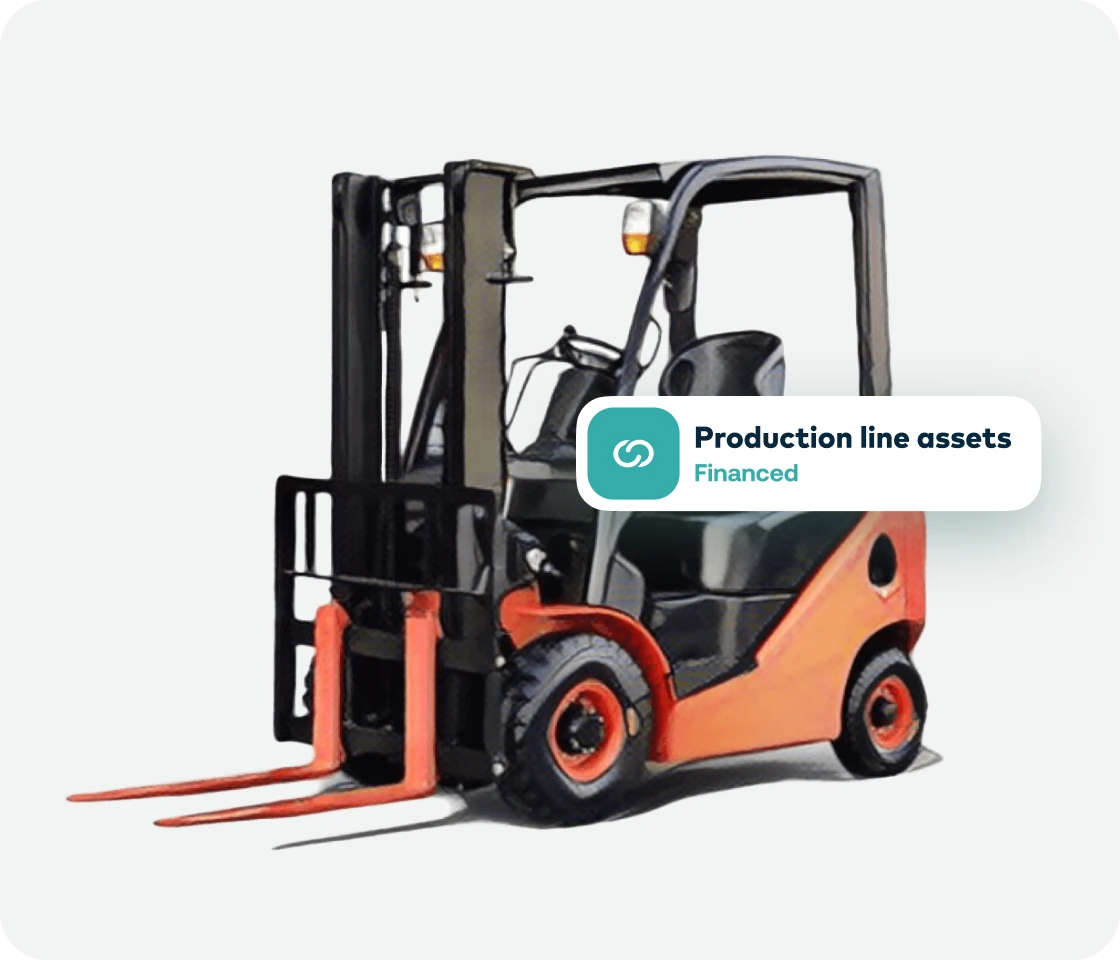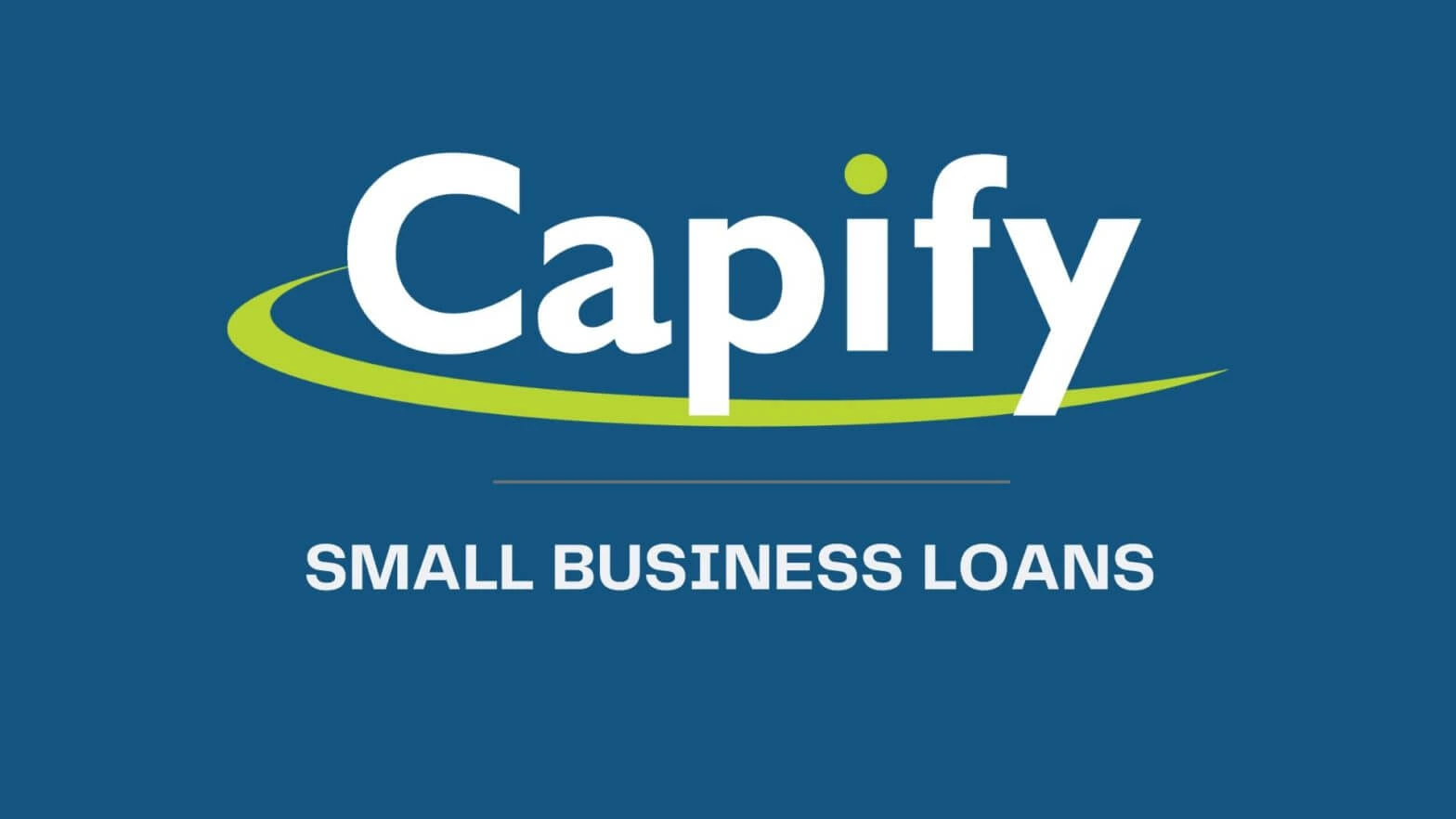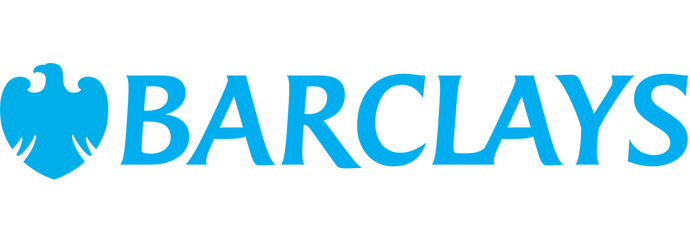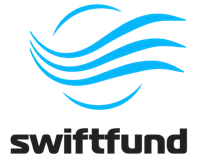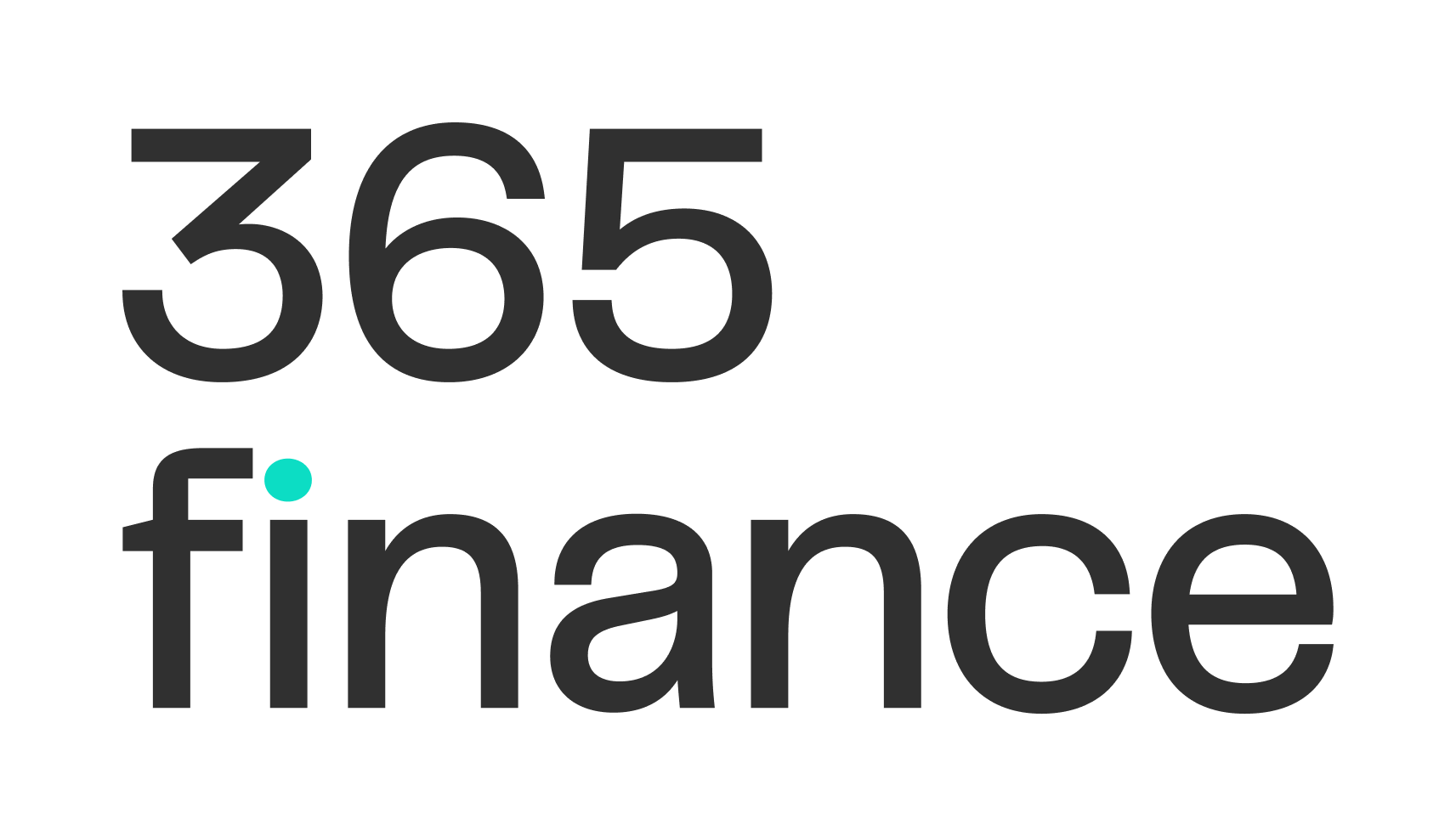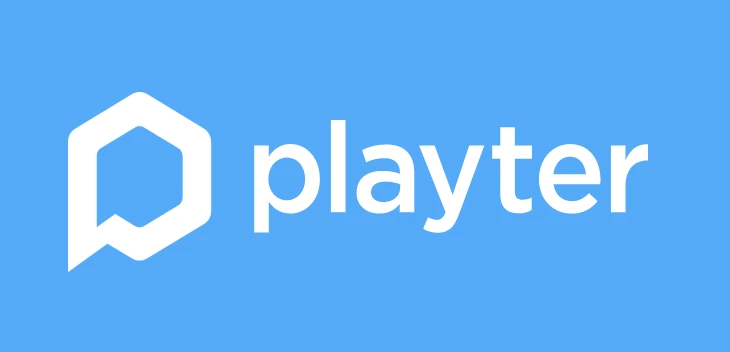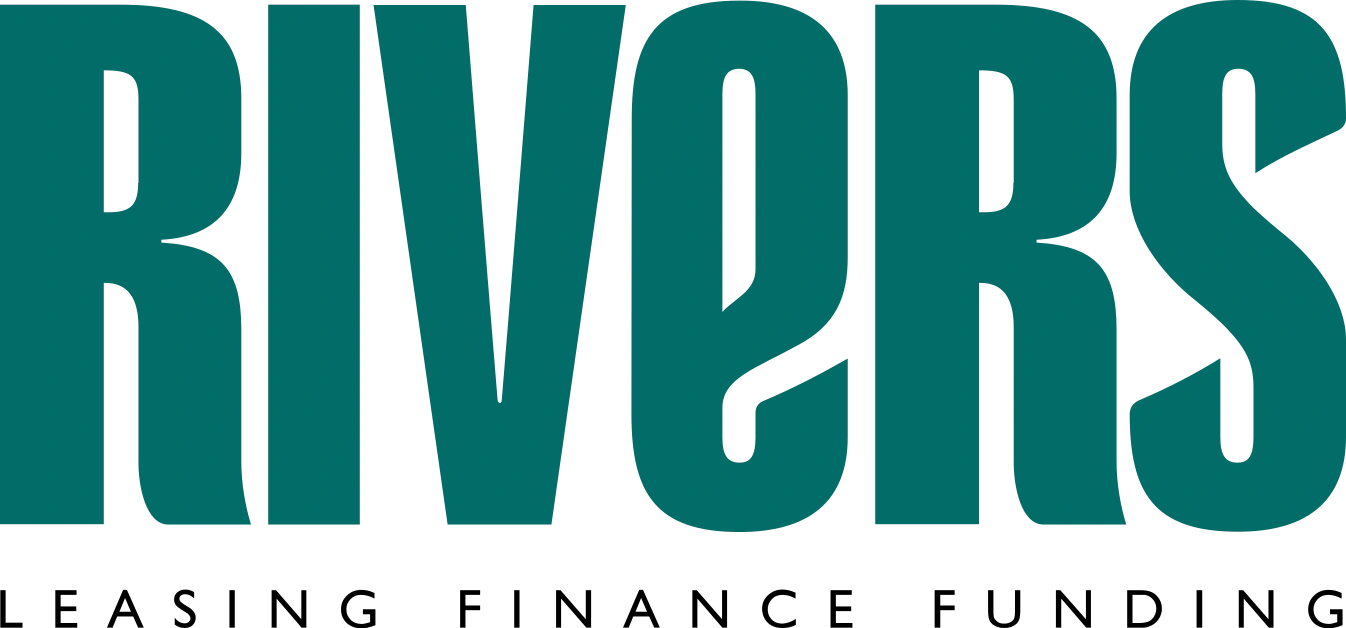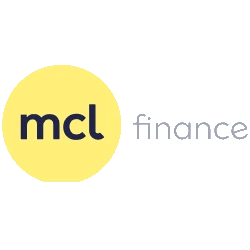There are different types of business loans that you can apply for as per your business goals. Understand various types of loans available for business before applying to help you find the best option for your goals.
Start-up Loans for New Business
Startup loans provide financial support to entrepreneurs starting or growing their businesses. These loans range from £500 to £25,000 and feature favourable interest rates and repayment terms. Applicants must present a viable business plan and pass credit and affordability assessments.
Small Business Loans
Small business loans are a common type of financing option for entrepreneurs and small business owners. These loans are typically offered by banks, financial institutions, and alternative lenders. They provide funding to support various business needs, such as working capital, equipment purchases, expansion, or inventory. The terms, interest rates, and eligibility criteria for small business loans can vary among lenders. It’s advisable to compare options from different lenders to find the best loan for your specific business requirements and financial situation.
Equipment Financing Loans
Equipment financing loans help businesses acquire necessary equipment by providing funding for purchase or lease. The equipment serves as collateral, resulting in favourable terms and rates. Lenders include banks, manufacturers, specialized lenders, and leasing companies. Research and compare options to find the best financing solution while managing cash flow effectively.
Invoice Financing Loans
Invoice financing loans are a funding option that allows businesses to improve cash flow by leveraging their unpaid invoices. With invoice financing, businesses can borrow a percentage of the outstanding invoice value from a lender. There are two main types: invoice factoring, where the lender manages the sales ledger and collects payments directly from customers, and invoice discounting, where businesses maintain control over the collection process. Both options provide immediate access to working capital, which can be used for various business needs.
Expansion and Growth Loans
Expansion and growth loans are specifically designed to provide funding for businesses seeking to expand and pursue growth opportunities. These loans enable businesses to finance initiatives such as opening new locations, investing in additional inventory or equipment, hiring more employees, or launching new products or services. They are offered by various banks, financial institutions, and alternative lenders, each with its own terms and conditions.
Commercial Mortgages
Commercial mortgages finance non-residential properties, like offices, retail spaces, and hotels. Loan terms range from 5 to 30 years. Amount, rate, and repayment depend on creditworthiness, property value, and loan-to-value ratio. Applicants provide financial statements, plans, and property details. Monthly repayments include principal and interest. Lenders may require a 20% to 40% deposit.

